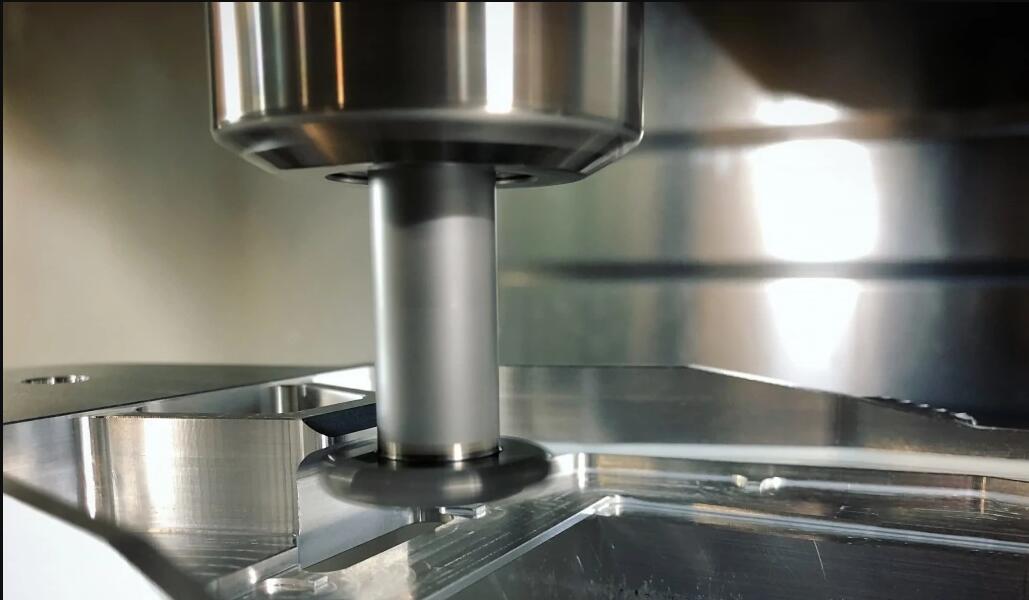Precision mechanical parts may fail to operate normally during operation due to various reasons, which directly affects the performance and reliability of the mechanical device. These abnormalities include fracture, excessive deformation, wear, and surface fatigue. In order to ensure the normal operation of parts, a series of work capacity criteria or design criteria have been developed, which serve as the basic guiding principles for the design of precision mechanical parts, aiming to ensure the stable operation and service life of the parts.
1. Strength Criteria:
This is an important criterion to ensure that parts do not break during the working process. The strength requirements of parts must meet the various forces, pressures, and loads they are subjected to, as well as the possible impacts and vibrations that may occur. Strength calculations need to consider the mechanical properties and stress distribution of the material to ensure that the parts will not break under normal operating conditions.

2. Stiffness Criteria:
The deformation of parts can affect the working efficiency of the entire device. Therefore, the stiffness of the parts must meet the requirements to avoid excessive deformation. The design of stiffness should consider the geometric shape of the part, the elastic modulus of the material, and the force applied to ensure that the part maintains the desired shape and position during operation.
3. Fatigue Life Criteria:
Mechanical parts are subjected to fatigue loading during continuous working cycles over long periods of time. To prevent fatigue-induced fracture of parts, the fatigue life of the parts must be calculated based on the fatigue performance and working cycle conditions of the material to ensure that no fracture occurs within the specified lifetime.
4. Surface Criteria:
The quality of the part surface directly affects the occurrence of wear and surface fatigue. The roughness, hardness, and lubrication of the surface need to be designed according to the working conditions to reduce friction, wear, and corrosion.
5. Temperature Criteria:
High temperature environments can affect the performance of materials and the working capacity of mechanical parts. Therefore, it is necessary to select appropriate materials and thermal insulation measures according to the temperature changes in the working environment to ensure that the parts can work properly at different temperatures.
6. Material Selection Criteria:
The selection of materials should consider factors such as strength, stiffness, wear resistance, and corrosion resistance. Select the appropriate material to meet the working requirements based on the working environment and the forces and pressures that the parts are subjected to.
7. Vibration Stability Standard.
When the natural frequency of precision mechanical parts is equal to or an integral multiple of the frequency of periodic interference forces, resonance occurs. This not only affects the quality and accuracy of the machine’s operation, but can even cause accidents. Pay special attention to the vibration stability of precision mechanical parts. Vibration stability refers to the design of components to keep their natural frequencies away from the frequencies of interference forces in order to avoid resonance. Therefore, it can be solved by increasing or decreasing the rigidity of the parts, adding flexible parts, and other methods.
These work ability criteria or design criteria play a crucial role in the design and manufacture of precision mechanical parts. They ensure that parts do not exhibit abnormal conditions during operation, thereby ensuring the normal operation and reliability of the entire mechanical device. At the same time, with the continuous development of materials science and engineering technology, these guidelines are constantly evolving and improving to meet the changing engineering needs and technological challenges.



